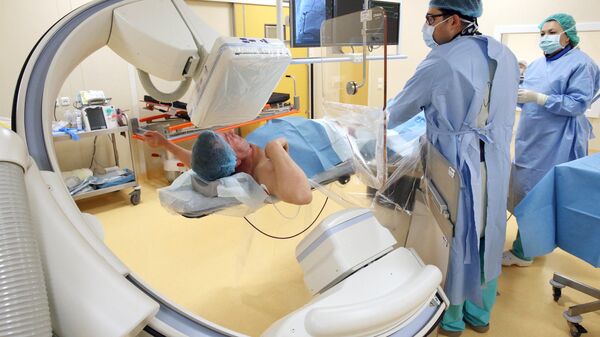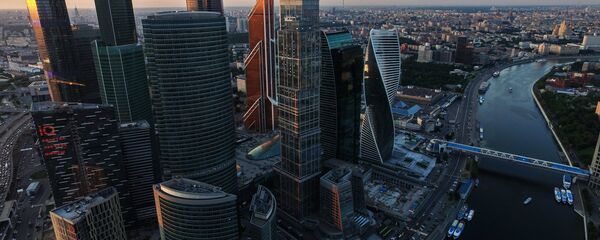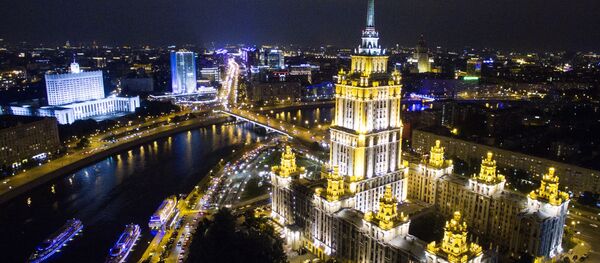Speaking at a medical conference in southern Russia, Onishchenko said that the development of an organized and state-supported medical tourism sector would be extremely lucrative the government, Russian business, and foreign patients themselves, who would benefit from quality service at a low prices. Accordingly, he noted, the development of the sector is integral to Russia's national interest, and should be a state priority.
Last month, Russian Minister of Health Veronika Skvortsova pointed out that medical tourism to Russia grew 21% in 2015 compared to 2014. In the first half year of 2016, it jumped by 35% compared to a year before. In absolute terms, about 10,000 foreigners came to the country in 2015, spending an estimated 7-10 billion rubles ($112-160 million) on treatment.
In an analysis on the subject for news website PolitRussia, columnist Yuri Sergeev explained that the reason for Russia's growing popularity as a medical tourism destination is quite simple. "The cost of the work of Russian physicians even in Moscow lags far behind Europe, and especially in the United States, where the annual salary of an anesthesiologist is about $300,000, more than that of a senator. The downside of this is the prohibitive cost of operations, and treatment in American hospitals in general."
For example, the columnist calculated, "the cost of a coronary artery bypass graft surgery [in the US] may cost up to $130,000; in Singapore it's $18,500, and in Thailand or Malaysia – about $10,000. In Moscow such an operation would set you back anywhere from 150,000-500,000 rubles ($2,400-$8,000, respectively)."
Another example: "In Germany, a complete diagnostic medical evaluation costs between €1,500-15,000. In Israel, the figure is between €4,500-6,000. In Russia, the same service will cost €340-1,070."
In other words, Sergeev noted, the decline in the ruble's exchange rate definitely has a silver lining, leading not only "to an increase in the global competitiveness of Russian products, but of medical services as well; hence the growth of medical tourism in Russia."
Sergeev stressed that the Russian Ministry of Health has every reason to consider medical tourism a national priority. This year, according to a report by Visa and Oxford Economics, medical tourists will leave $349 billion in cash in popular medical tourism destinations around the world. Furthermore, as the percentage of seniors who travel grows, so too will medical tourism. The sector is expected to account for upwards of $3 trillion in earnings by 2025.
"In this context," Sergeev suggested, "Russian authorities' intention to introduce a new type of visa for foreigners seeking treatment can only be welcomed. However, increasing the number of medical tourists will depend not only on ease of entry. An effort must also be made to popularize this form of travel. After all, in the minds of many Westerners, Russia is a country of snow-covered cities where bears walk the streets." For Russia to truly take advantage of this growing trend, that sort of stereotype needs to be debunked.






